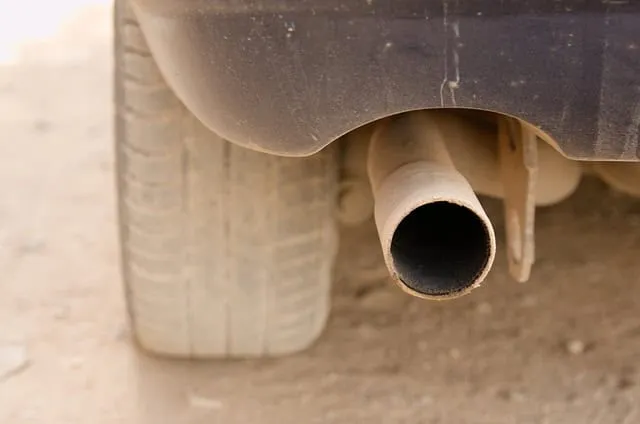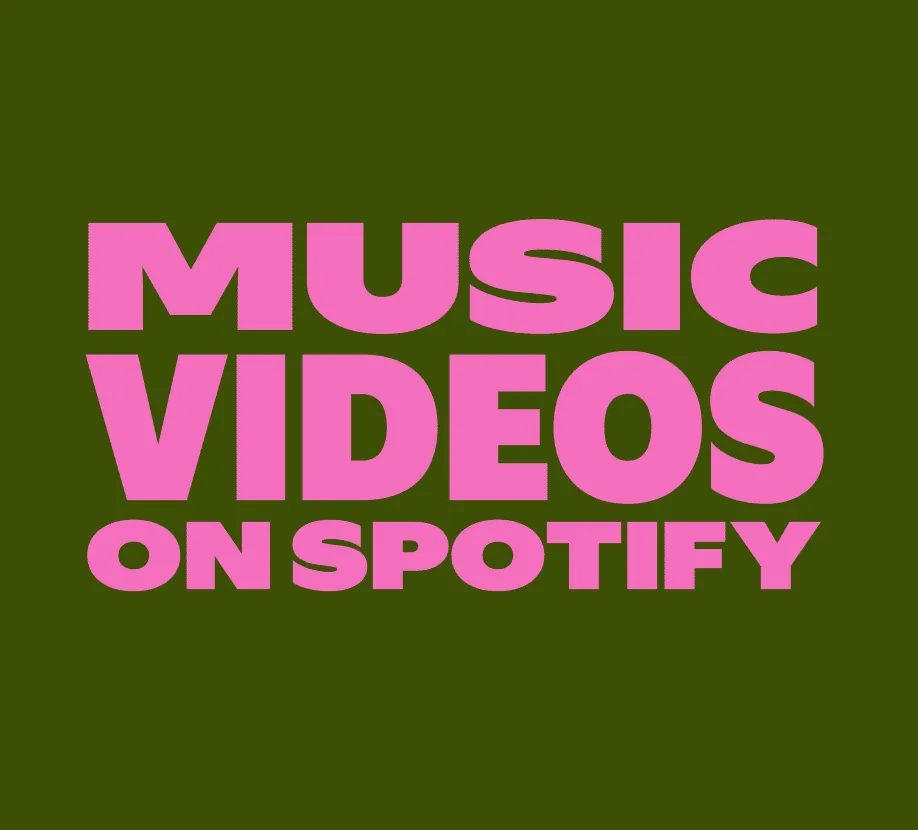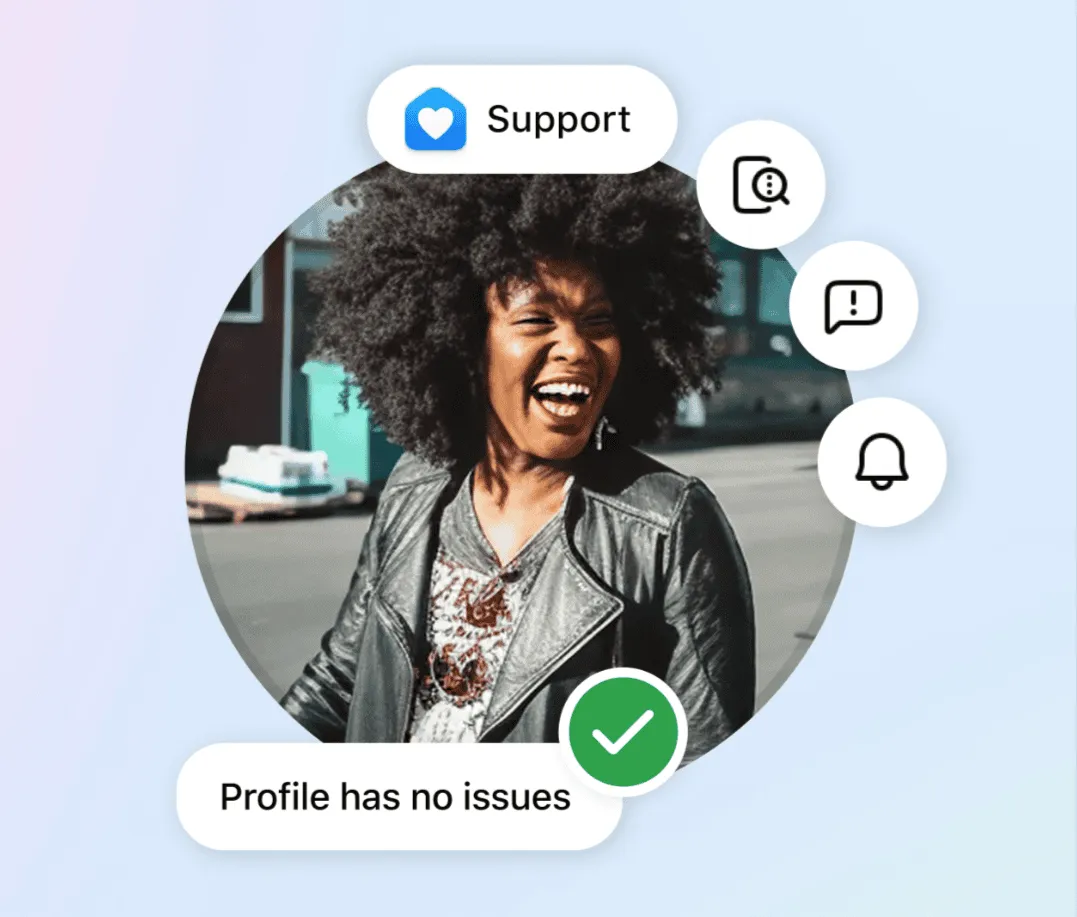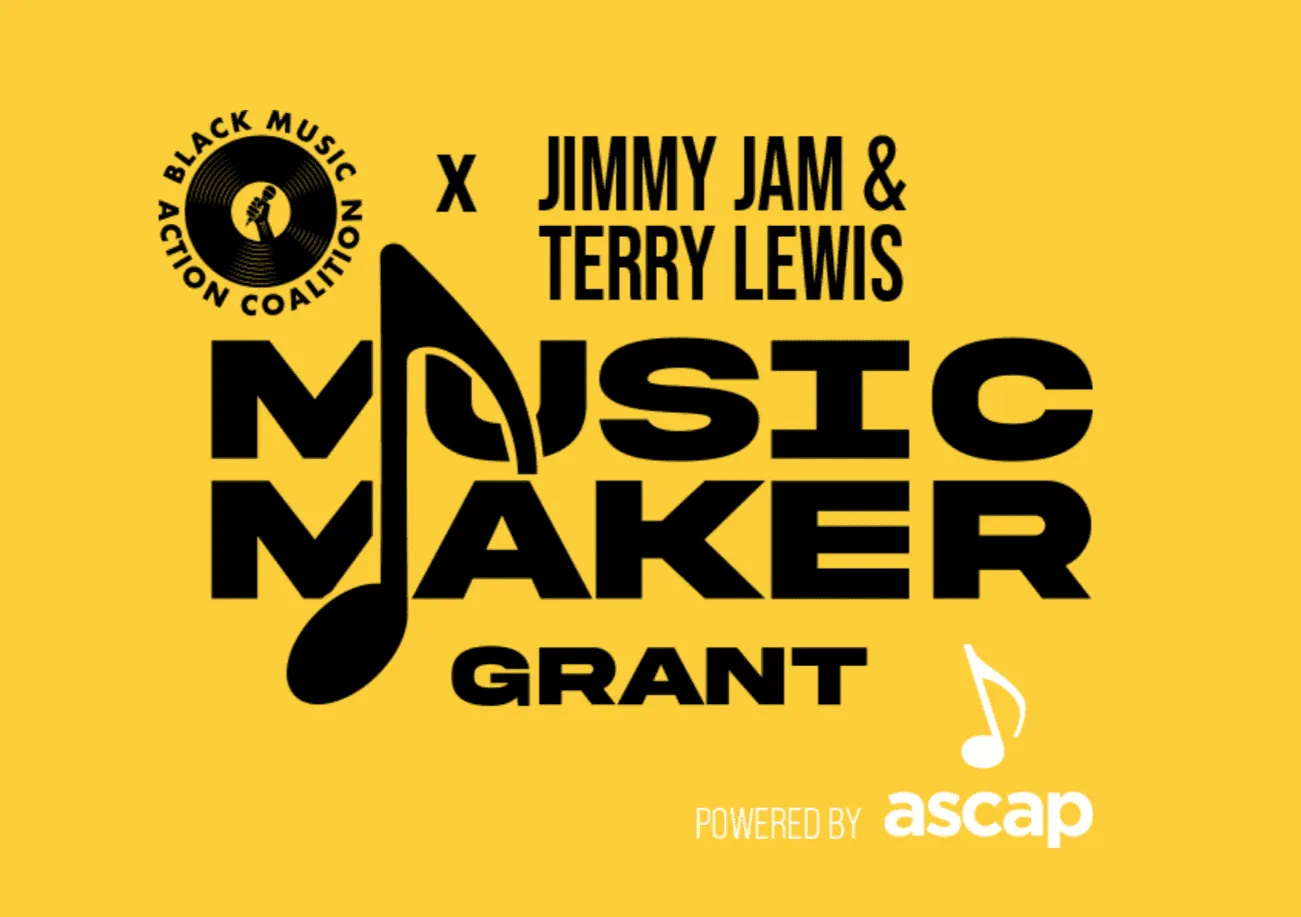The digital music industry may be dealt a major blow on December 21st when the FCC is scheduled to unveil proposed net neutrality regulations. Designed ostensibly to keep ISP's from unfairly limiting certain kinds of Internet usage, early indications are that the new rules could laso hurt at several sectors critical to the growth of many music tech startups and the new music industry.
Wireless internet use will not be covered in the new FCC according to ars and statements by the FCC commissioners. Carriers will be free to limit or charge more for music, video and other heavy bandwidth activities. That's bad news for streaming music services like Pandora, Slacker, MOG and Spotify. All have seen explosive growth thanks to smartphone adoption and many also rely on mobile offerings to lure premium fees from users. Online music lockers and other music in the cloud efforts would also take a hit if portable streaming gets more expensive.
Online video could also suffer a critical setback thanks to a provision that will apparently allow usage based pricing by wired ISP providers. UPB means that ISP's can charge based on the number of bits a user brings down thier pipe; and video streaming from YouTube to Hulu is among most consumers most bit-intensive activites.
The official announcement comes Dec 21. Hypebot will be watching this story closely.




